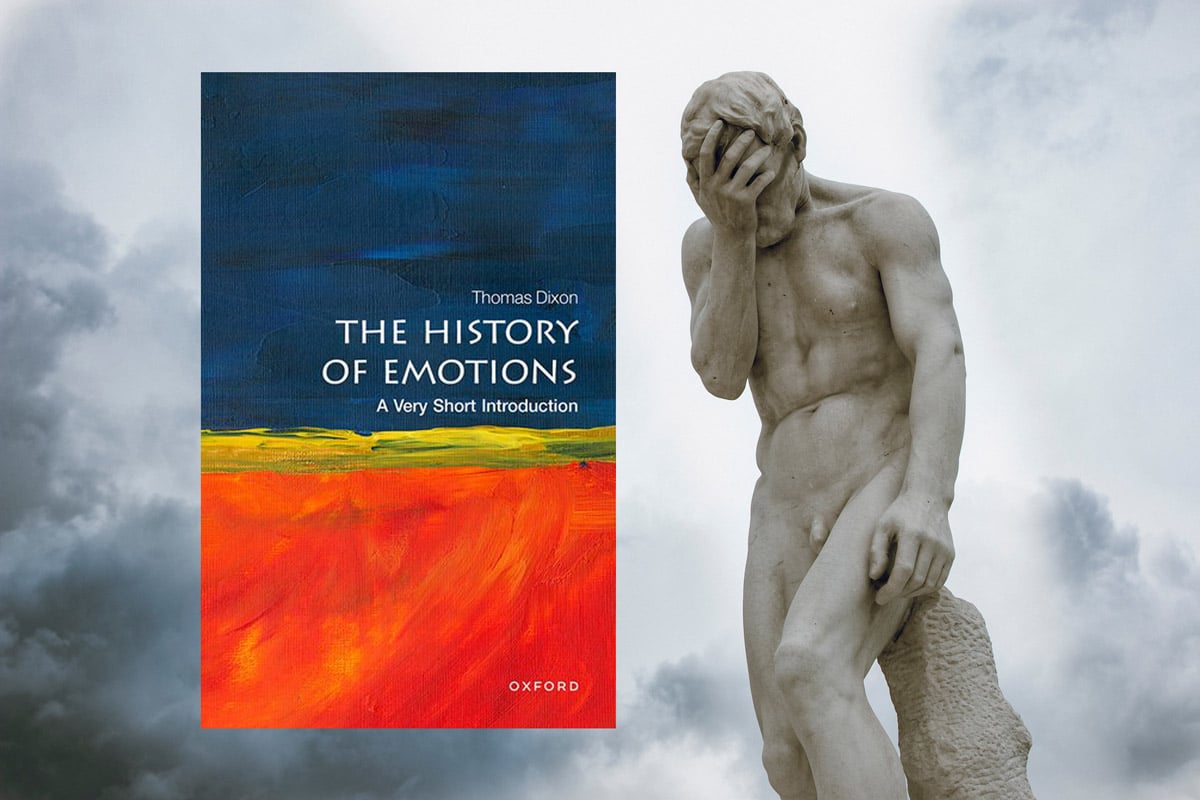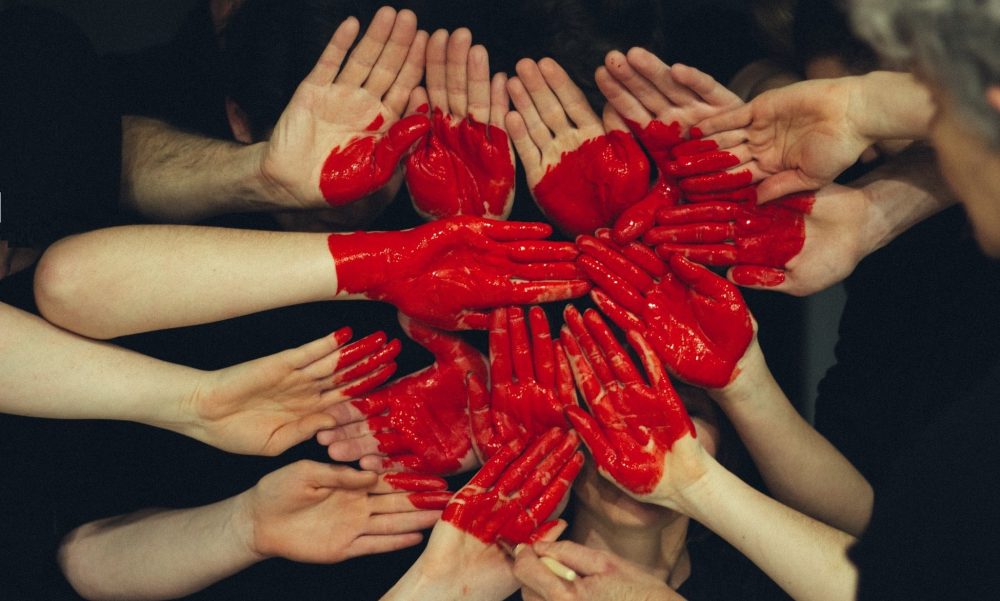
Sometimes it is possible to feel that you are in a story. According to novelist and journalist Will Storr, this is a necessary condition of flourishing as a human.1
I was recently visiting The Story Museum in Oxford, and got chatting to Mini Grey, the author-illustrator of several children’s bestsellers such as Biscuit Bear and Traction Man Is Here (nothing whatsoever to do with orthopaedics).2 Her book signing was for ‘National Bookshop Day’ — a day to celebrate the persistence survival of bookshops against the onslaught of the internet! The conversation got on to general practice, and particularly whether there was a literary device that could solve the issue of several presenting complaints in a ten-minute appointment. We wondered whether, a little like Doctor Who’s TARDIS (Time And Relative Dimensions In Space machine) which is bigger on the inside than the outside, we could conceive of a device that holds back time — so that inside the consulting room you have unlimited time with patients, but appointments still somehow run on time. The downside would be the premature ageing of the general practice workforce as they aged more inside the room than the world outside.
… those who wandered into CS Lewis’s magical land in the children’s classic The Lion, The Witch and the Wardrobe, initially found a frozen world full of frightened animals, where it is ‘always winter, but never Christmas.’ This too feels metaphorical.
Perhaps what we really need is a magical wardrobe like in The Chronicles of Narnia,3 where you can spend a lifetime inside the wardrobe (and Narnia), but then return and still be the same age. Both options feel like good metaphors for the political and professional expectations of general practice. However, those who wandered into CS Lewis’s magical land in the children’s classic The Lion, The Witch and the Wardrobe, initially found a frozen world full of frightened animals, where it is ‘always winter, but never Christmas.’3 This too feels metaphorical.
Nostalgia (Greek): The pain of the return
In this issue Kathleen Wenaden reflects on inequality and its effect on us as participant witnesses, tempting us toward alternative employment, ‘Which involves words and people, play and magic carpets … Wondering, and wandering, bookshops or art galleries…’4
Nada Khan meanwhile wonders if we should all stay as GPs but move to Denmark, where more people are happy and light candles, and GPs appear to have more professional agency and status.5 Our Oxford GP-storytime group share a second set of narrative reflections, this time on children’s stories that have been used for Christmas TV commercials — click on the links for a dose of reflective nostalgia. It is safe to say that all of the chosen stories have a moral.6
The season of goodwill – far and near
This issue beckons the ’season of good will,’ to people near and far. The last few years have been hard for many, both in the UK and internationally, and 2023 has remained, sadly, a year of catastrophe and conflict for many. Rabia Aftab hopes that peacemakers will see all the Ideas, Concerns and Expectations that need to be addressed in the Israel-Palestine tragedy.7 Alex Burrell concludes his BJGP editorial fellowship with a reflection on how COVID-19 changed the experience of Christmas with family and friends for practitioners and patients alike.8
Jolabokaflod (Icelandic): Christmas book flood
The metaphor of ‘always winter, but never Christmas,’ is one of hopelessness, but also one offering the criteria of salvation.
The book reviews in this issue also feel seasonally coherent and our chosen reads make excellent seasonal gifts. Emilie Couchman reviews Radical Help: How We Can Remake The Relationships Between Us And Revolutionise The Welfare State, by Hilary Cottam, and finds that a relational way of working is one that creates possibility for change and also abundance; our capacity for relationships, like love, is infinite.9 Ben Hoban unwraps The Dictionary Of Obscure Sorrows, and finds bittersweet neologisms describing specific, often darkly-humorous aspects of life. They are meta-words, drawing our attention to a bigger picture which a lack of vocabulary makes it harder to see clearly.10
Hana Elhassan reviews Ultra-Processed People: Why Do We All Eat Stuff That Isn’t Food … And Why Can’t We Stop? If an ingredient on a food packet isn’t one you would normally find in a home kitchen, it’s an ultra-processed food (UPF). The main driver behind modern UPF according to the classification system, is to maximise profit.11 Food for thought as you reach for the mince pies…
CPD crackers for your unknown unknowns
No December issue would be complete without a couple of crackers. Euan Lawson shares his editors choice of articles published over the last year in the BJGP. Evidence- based management of earwax sits alongside uncomfortable reading about suicide risk, and why practice staff find it difficult to register patients without identity and address documents.12 If you are looking to address unknown unknowns start here, before moving on to Ahmed Rashid’s selection in Yonder.13
A winter’s tale
As the nights draw in many of us may no longer be telling stories by the literal fireside. However, we remain the plucky heroes of our own stories and each other’s. As Storr points out, we are all amazing storytellers, neurologically wired to perceive changes and describe cause and effect in our own life and times. We have a sense of the selfless hero, the selfish villain and the moral outrage that makes a good story, as well as the need to keep turning the pages until things work out right. We strive for the ability to control our thoughts and feelings and our external environment in search of fortune and the good life.1
The metaphor of ‘always winter, but never Christmas,’ is one of hopelessness, but also one offering the criteria of salvation. Whether readers are of any faith or none. I wish you a Merry Christmas and a happy new year.
DOI: https://doi.org/10.3399/bjgp23X735681
References
- Storr W. The Science Of Storytelling. Why Stories Make Us Human, and How To Tell Them Better. London: Willam Collins, 2020.
- Mini Grey. Biography. Penguin, 2023. https://www.penguin.co.uk/authors/172584/mini-grey?tab=penguin-biography(accessed 8 Nov 2023).
- Lewis CS. The Lion, The Witch And The Wardrobe. London: HarperCollins Children’s Books; Fenwick edition, 2014.
- Wenaden K. Poem: I Would Like To Talk About Why Life Is So Unequal. Br J Gen Pract 2023; DOI: https://doi.org/10.3399/bjgp23X735777.
- Khan N. Shall we all move to Denmark? Br J Gen Pract 2023; DOI: https://doi.org/10.3399/bjgp23X735729.
- Papanikitas A, Salisbury H, McKenzie-Edwards E, Wilson R. Storytime as a vehicle of reflective practice: part 2 — the Christmas commercial. Br J Gen Pract 2023; DOI: https://doi.org/10.3399/bjgp23X735717.
- Aftab R. Ideas, Concerns and Expectatiosn for peace in the Middle East. Br J Gen Pract 2023; DOI: https://doi.org/10.3399/bjgp23X735705.
- Burrell A. Reflections on COVID Christmases. Br J Gen Pract 2023; DOI: https://doi.org/10.3399/bjgp23X735801.
- Couchman E. Books: How We Can Remake The Relationships Between Us And Revolutionise The Welfare State. Br J Gen Pract 2023; DOI: https://doi.org/10.3399/bjgp23X735753.
- Hoban B. Books: The Dictionary Of Obscure Sorrows. Br J Gen Pract 2023; DOI: https://doi.org/10.3399/bjgp23X735741.
- Elhassan H. Books: Ultra-Processed People: Why Do We All Eat Stuff That Isn’t Food … And Why Can’t We Stop? Br J Gen Pract 2023; DOI: https://doi.org/10.3399/bjgp23X735765.
- Lawson E. Editors choice: ten BJGP articles from 2022–23. Br J Gen Pract 2023; DOI: https://doi.org/10.3399/bjgp23X735693.
- Rashid A. Yonder: Wait and see, identity loss, data failures, and patient organisations. Br J Gen Pract 2023; DOI: https://doi.org/10.3399/bjgp23X735789.
Featured Photo by Arisa Chattasa on Unsplash








